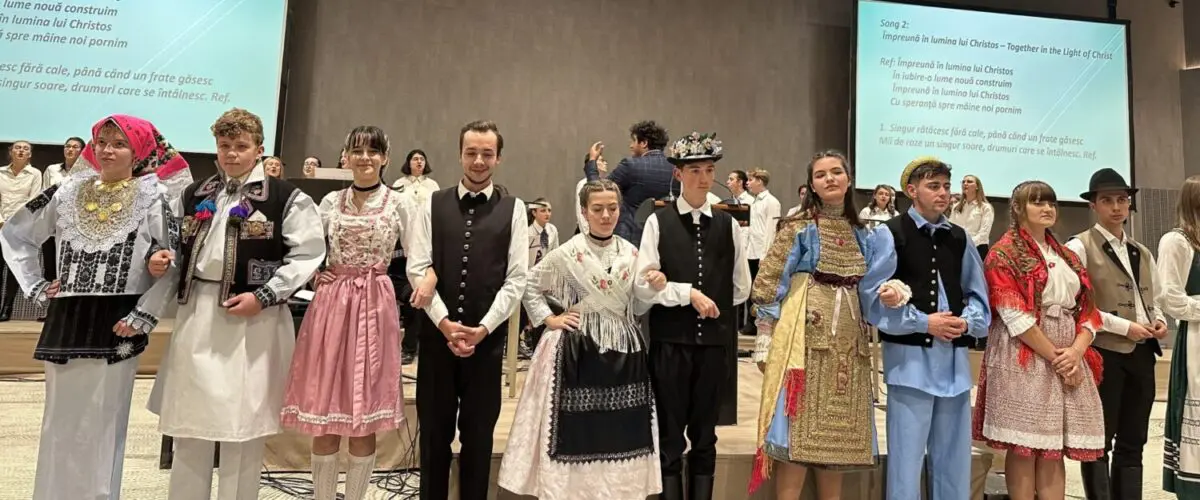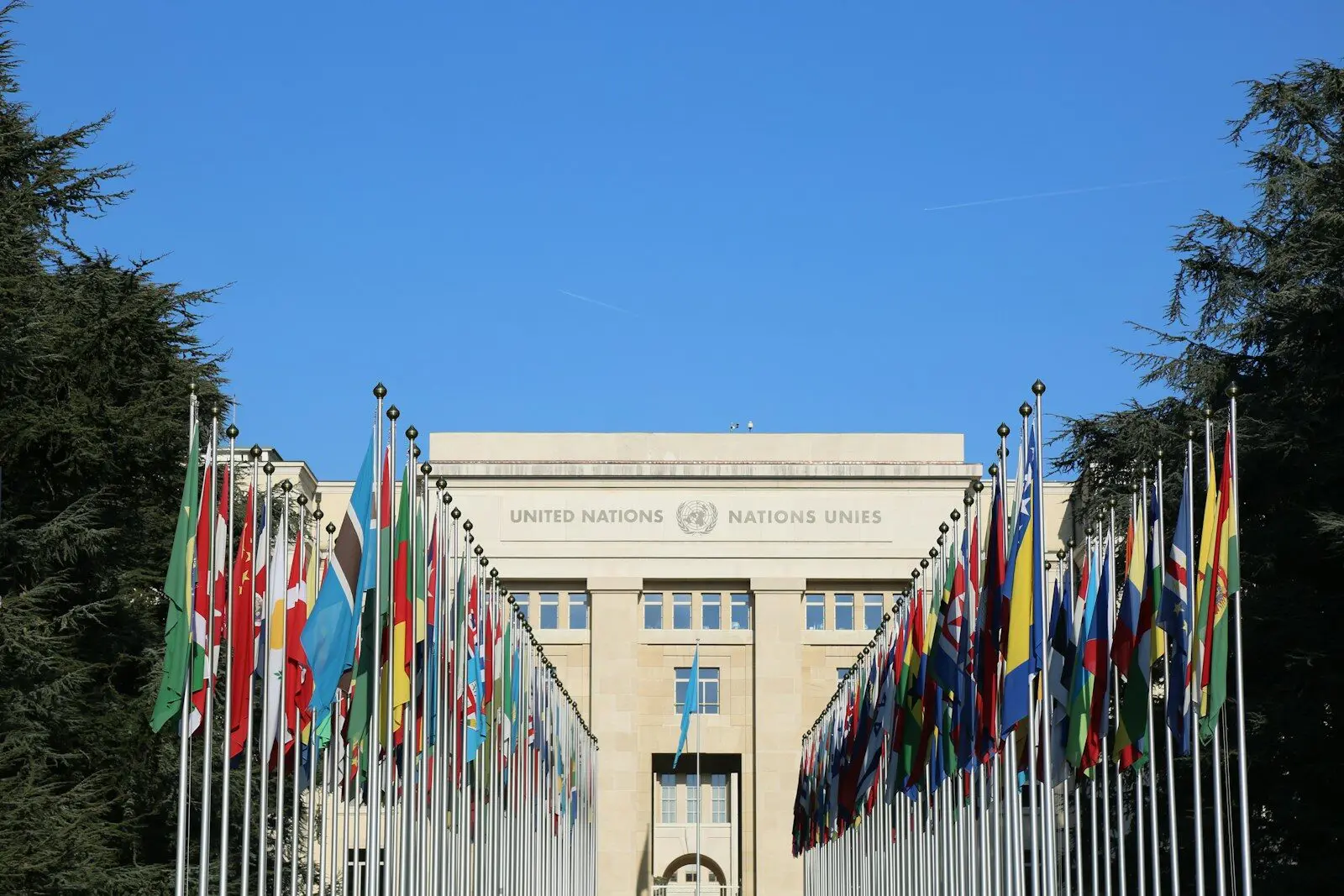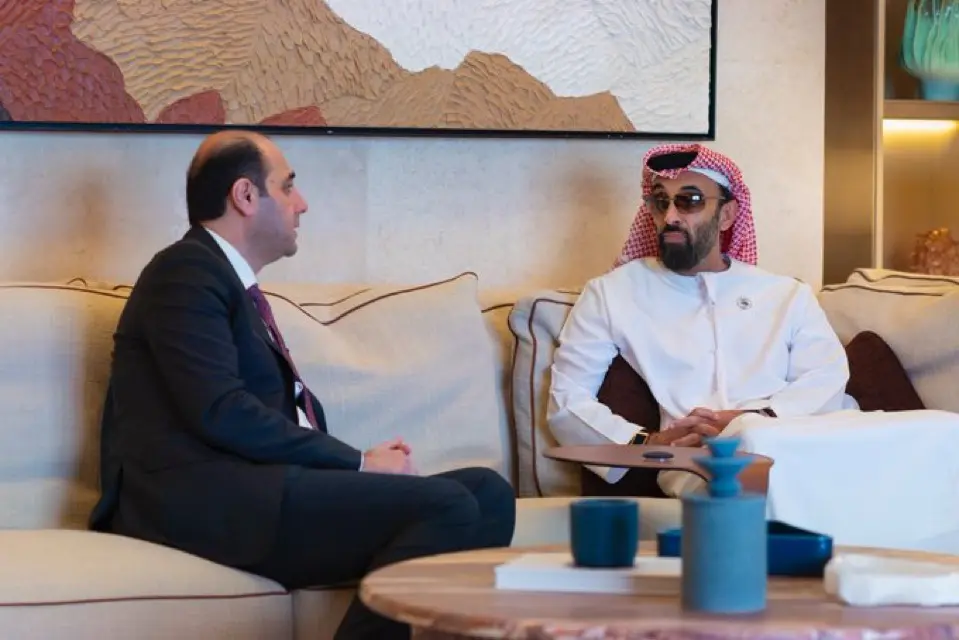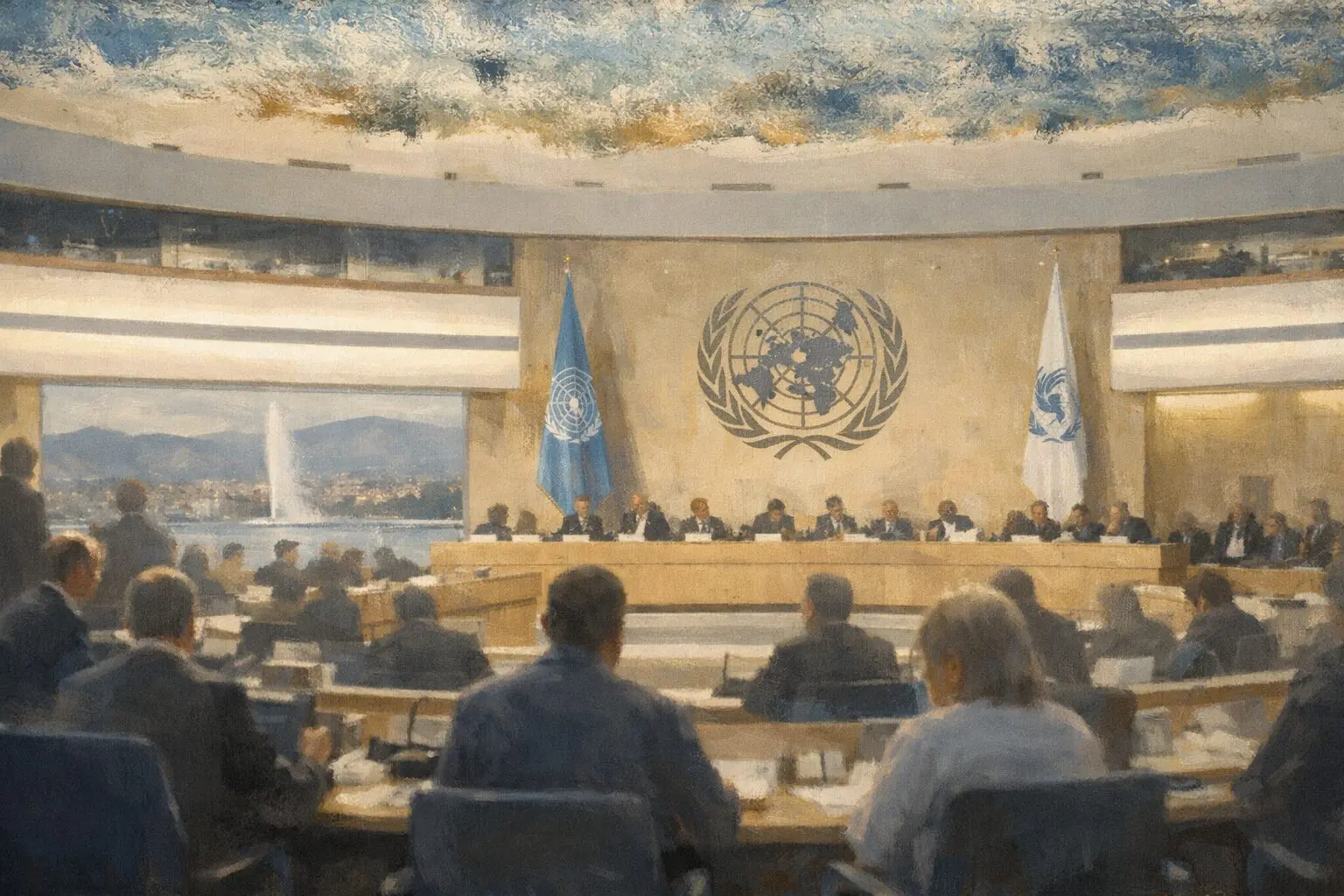By Martin Hoegger.
What kind of Europe are we heading for? And, more specifically, where are the Churches and Church movements heading in the current climate of growing uncertainty? The shrinking of the Churches is certainly a very painful loss. But every loss can create more space and more freedom to encounter God.
These were the questions posed by the German philosopher Herbert Lauenroth at the recent “Together for Europe” meeting in Timisoara. For him, however, the question is whether Christians are credible witnesses to living together. https://together4europe.org/en/spaces-for-life-a-call-for-unity-from-together-for-europe-in-timisoara/
French writer Charles Péguy described the “little sister hope” that carries with it faith and love in a childlike impetuosity. It opens up new horizons and leads us to say “and yet”, taking us into unknown territory.
What does this mean for the Churches? The days of cathedrals seem to be over. Notre-Dame Cathedral in Paris is on fire… but Christian life is dying out. However, the charisms of Christian movements can open new paths. It was during the Second World War, for example, that several movements were born, like a baptism of fire.
The fate of societies depends on “creative minorities”.
Joseph Ratzinger, future pope Benedict XVI, has recognised the relevance of this notion since 1970. From its very beginnings, Christianity has been a minority, a minority of a unique kind. A renewed awareness of this characteristic fact of its identity holds great promise for the future.
Questions of gender and authoritarian politics, for example, exclude, divide, and polarise. Reciprocity born of the recognition of charisms and a friendship centred on Christ are the two essential counterpoisons.
Regarding reciprocity, Helmut Nicklas, one of the fathers of Together for Europe, wrote: “It is only when we really succeed in receiving our own experience of God, our charisms and our gifts in a new and more profound way from others that our network will really have a future!”
And, on the importance of friendship, the philosopher Anne Applebaum noted: “We must choose our allies and friends with the greatest care because it is only with them that it is possible to resist authoritarianism and polarisation. In short, we must form new alliances.
The hidden face of Christ on the road to Emmaus
In Christ, the walls of hatred and separation have been torn down. The story of Emmaus makes us understand this: on their journey, the two disciples are deeply wounded and divided, but through the presence of Christ who joins them, a new present is born. Together, we are called to be bearers of this “Emmaus skill” that brings reconciliation.
The Slovakian Mária Špesová, from the European Network of Communities, has also meditated on the disciples of Emmaus. Recently, she met some young people who had mocked Christians, claiming that they were mistaken.
The experience of the Emmaus disciples gives her hope. Jesus hid his face to bring their hearts to the light and fill them with love. She hopes that these teenagers will have the same experience: discovering the hidden face of Jesus. And that face shows through our own!
Ruxandra Lambru, a Romanian Orthodox and member of the Focolare Movement, feels the divisions in Europe when it comes to the pandemic, vaccines against the Coronavirus and the state of Israel. Where is the Europe of solidarity when the arguments exclude the values we hold dear, and when we deny the existence of others or demonise them?
The road to Emmaus showed her that it is essential to live the faith in small communities: it is together that we go to the Lord.
Influencing social and political life through Christian values
According to Valerian Grupp, a member of the Young Men’s Christian Association, only a quarter of the population of Germany will belong to the Catholic and Protestant Churches in 2060. Already today, the “big Church” no longer exists; less than half the population belongs to it, and common convictions are disappearing.
But Europe needs our faith. We need to win it back by meeting people and inviting them to enter into a relationship with God. The current situation of the Churches is reminiscent of that of the first disciples of Jesus, with their “mobile Churches”.
As for Kostas Mygdalis, adviser to the Interparliamentary Assembly on Orthodoxy, an Orthodox movement that brings together parliamentarians from 25 countries, he notes that certain political circles are mystifying the history of Europe by trying to erase the heritage of Christian faith. For example, the 336 pages of a book published by the Council of Europe on the values of Europe nowhere mention Christian values!
Yet our duty as Christians is to speak out and have an impact on society… even if the Churches sometimes view people involved in politics with suspicion.
Edouard Heger, former President, and Prime Minister of Slovakia, also calls on Christians to go out and speak out, with courage and love. Their vocation is to be people of reconciliation.
“I’ve come here with just one request, he says. We need you as politicians. We also need Christians in politics: they bring peace, and they serve. Europe has Christian roots, but it needs to hear the Gospel because it no longer knows it”.
The call to courage and trust that I received from Timisoara is summed up in these words from Saint Paul: “We are ambassadors sent by Christ, and it is as if God himself were making his appeal through us: we beseech you, in the name of Christ, be reconciled to God” (2 Cor 5,20).
Photo: Young people in traditional dress from Romania, Hungary, Croatia, Bulgaria, Germany, Slovakia, and Serbia, all present in Timisoara, reminded us that we are at the heart of Europe.





